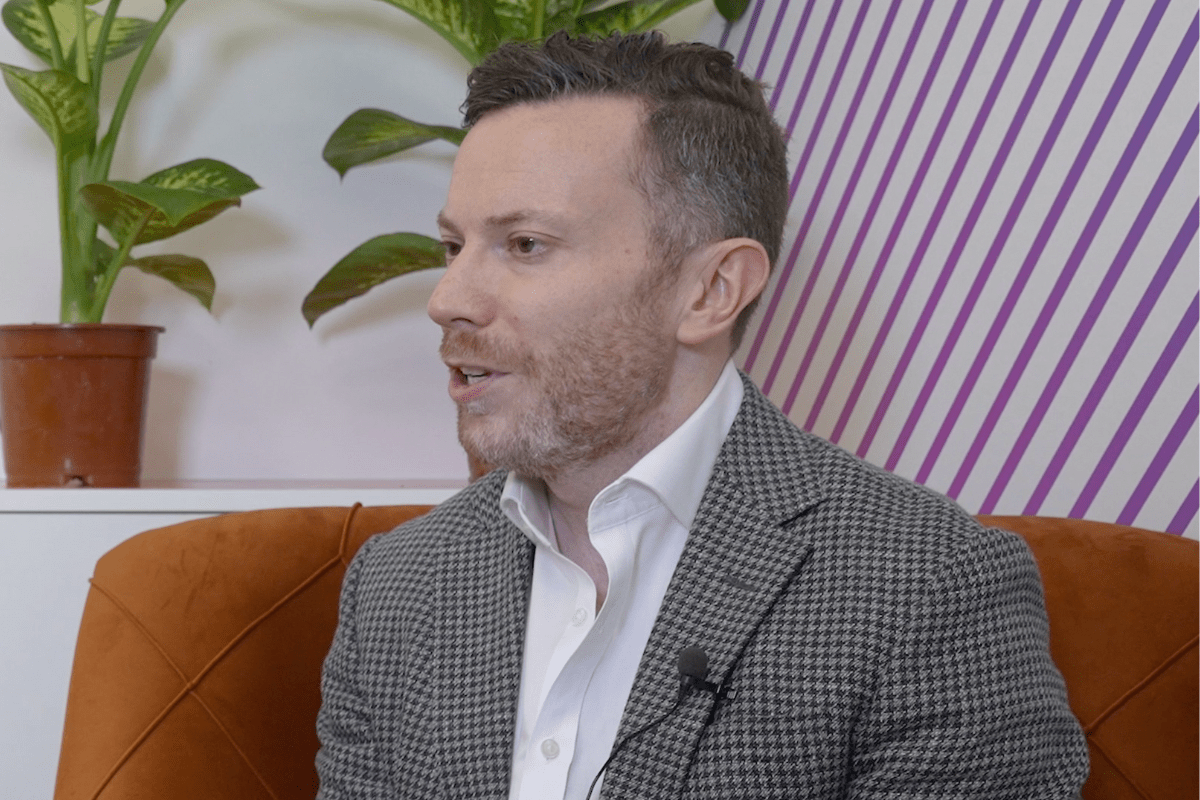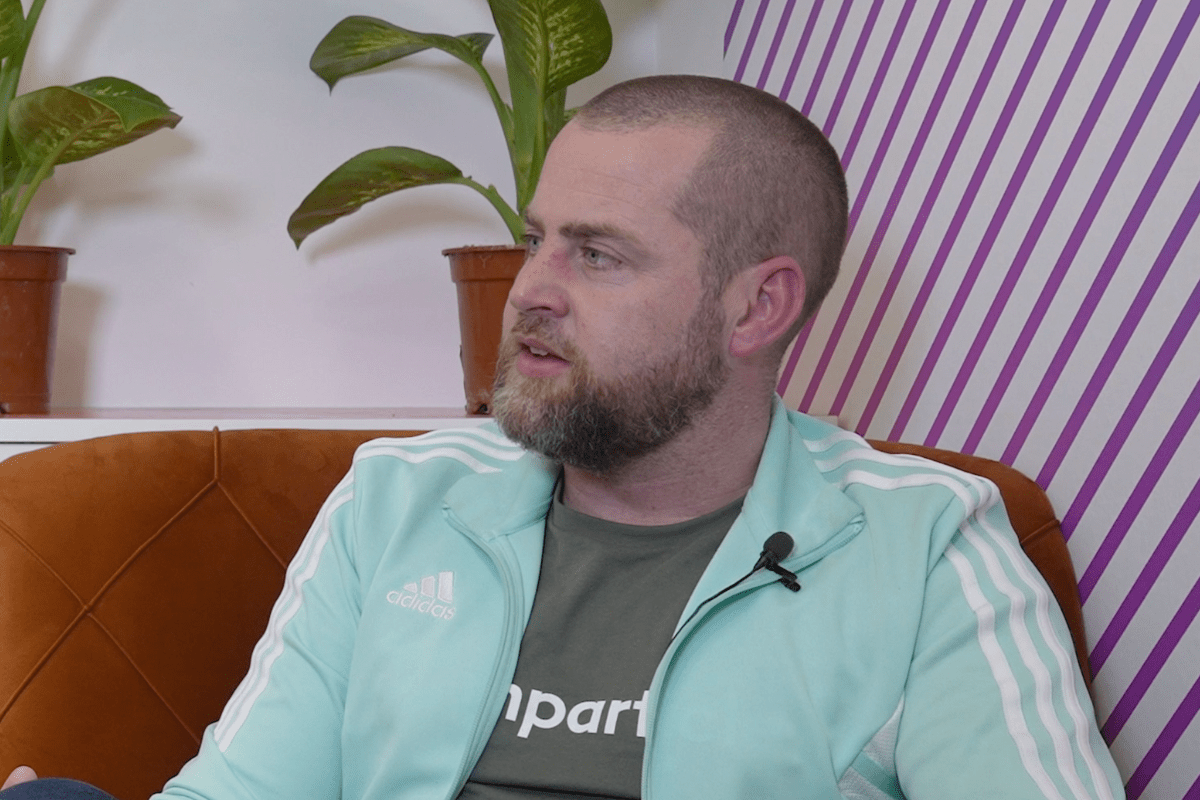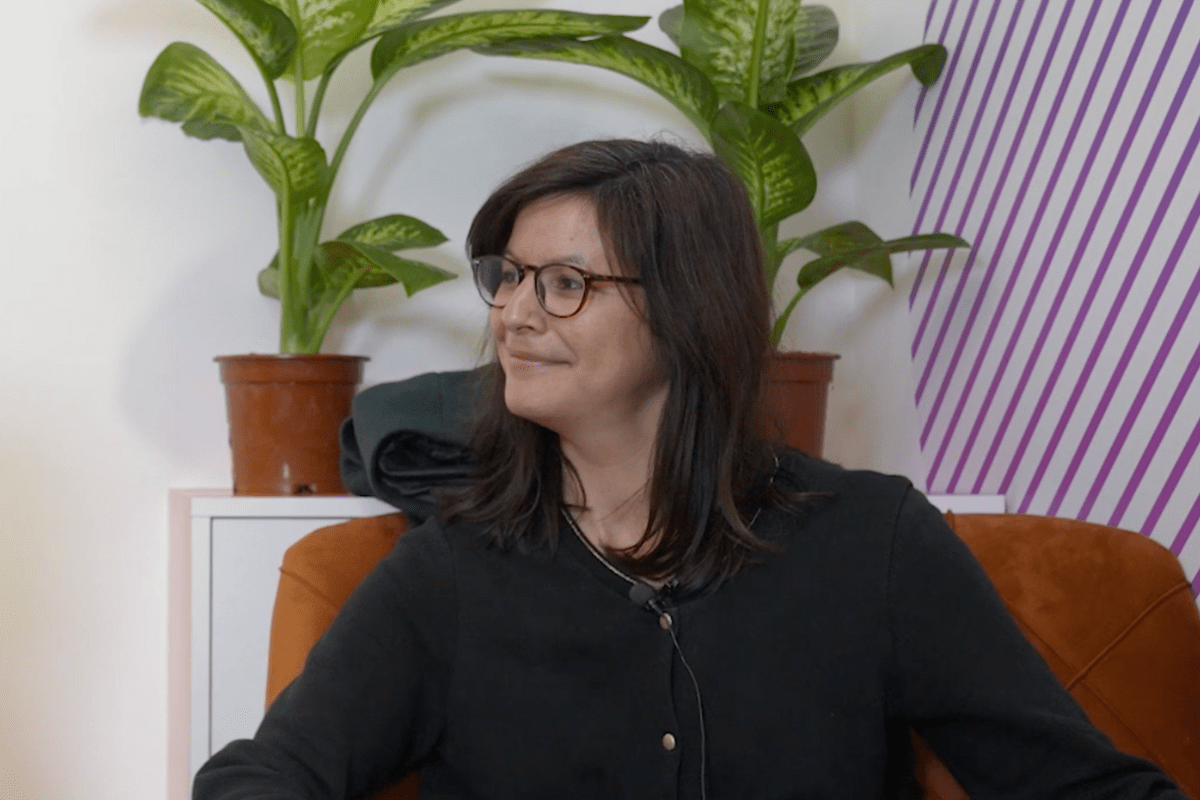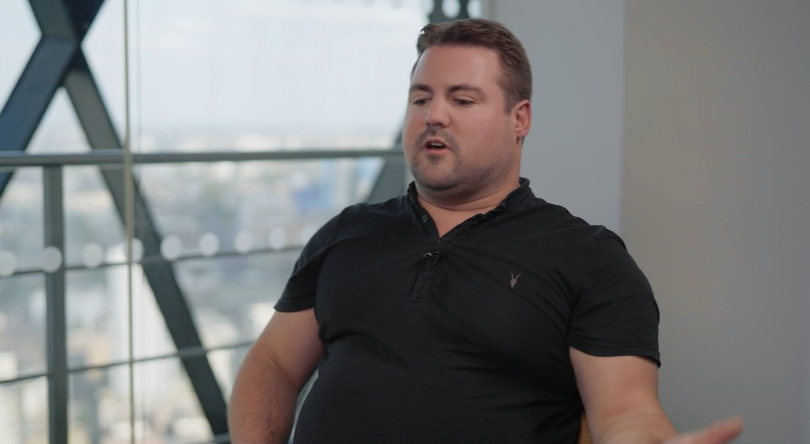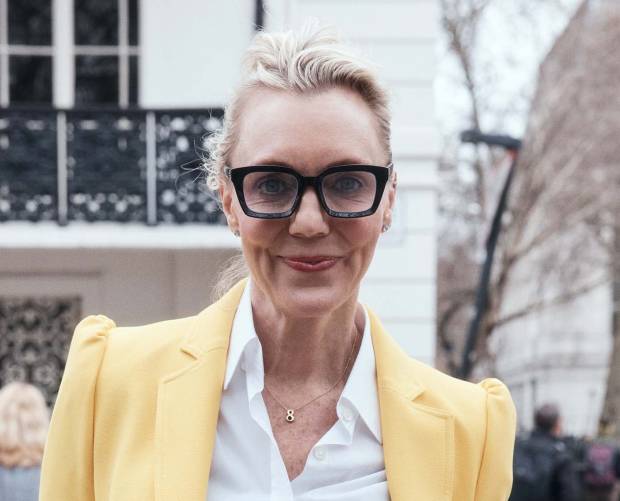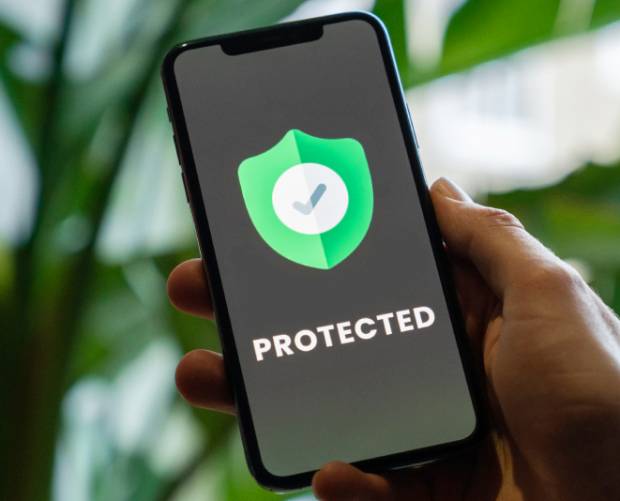CLX – “Enterprise messaging using OTT apps has not really happened”
- Tuesday, June 20th, 2017
- Share this article:
 SMS may not capture many headlines these days, but it’s still very much alive and kicking as a marketing and customer service tool. One of the big players in the space is CLX, which has been on an acquisition spree over the pasts 12 months. In May 2016, it snapped up mBlox for $117m (£92m), followed in December by the acquisition of Swedish firm Sinch for $14.5m. In February, it bought Germanys Xura for $15.5m and just last month, acquired Dialogue for $41.5m. David Murphy caught up with CLX VP Rob Malcolm to find out more about the logic behind the acquisitions
SMS may not capture many headlines these days, but it’s still very much alive and kicking as a marketing and customer service tool. One of the big players in the space is CLX, which has been on an acquisition spree over the pasts 12 months. In May 2016, it snapped up mBlox for $117m (£92m), followed in December by the acquisition of Swedish firm Sinch for $14.5m. In February, it bought Germanys Xura for $15.5m and just last month, acquired Dialogue for $41.5m. David Murphy caught up with CLX VP Rob Malcolm to find out more about the logic behind the acquisitions
MM: First up Rob, in the release announcing the Dialogue acquisition, you state your ambition to build “the worlds largest and leading CPaaS (Communications Platform as a Service) company”. Explain to us exactly what CPaaS means.
RM: CPaaS is a relatively new term that tries to encapsulate the move for messaging providers who traditionally only did A2P (application-to-person) SMS into multichannel communications, including voice, MMS, RCS (Rich Communication Services) AND OTT services, aggregating Facebook Messenger and Viber messaging. No one has really defined the language around this multichannel offering and this is what CPaaS aims to do.
DM: So talk us through the thought process behind all these acquisitions.
RM: They are really all about two things. One is to move beyond SMS. The other is to expand our geographical footprint and replicate what we’ve done in Europe in other countries. So if you take mBlox, they were very close to what CLX was doing traditionally, mainly SMS, but with two key differences. Firstly, CLX did not have a presence in N. America, which mBlox did, and European and N. American termination of SMS is a very important capability to be able to offer, especially for the multinationals. They were also a couple of years ahead of us in terms of being able to offer their services online and to enable someone to sign up and integrate with the platform and start sending communications within five minutes.
With Sinch, they brought voice and the ability to embed voice and video in apps; they are really pushing the boundaries in terms of what’s possible in the app environment, and whereas CLX was more focused on enterprise communcations, Sinch has much more of a developer focus.
MM: Explain what you mean by embedding voice in apps.
RM: Sure. Uber is a good use case. So you have the Uber app on your phone and you want to call the driver, so you make a voice call but it’s all via IP. And there are new and emerging use cases coming along like video. So for example, you want to talk to your dentist, and you don’t need to see them but perhaps they they need to see you, so you could do it via a video call from within their app. It’s early days for this sort of stuff, but we will see more of it.
Xura was bought mainly because of their German customer base. They are the number one in Germany, servicing lots of large brands. In the past, companies like CLX and mBlox and many other global A2P companies had tried to penetrate Germany, but it is a difficult market to penetrate so the Xura acquisition gave us a leading position in the largest market economy in Europe.
And then Dialogue had a number of dimensions in keeping with our strategy. They have strong Tier 1 connectivity in Asia, whereas we were strong in the US and Europe. They have also developed a very innovative service called Sentinel that allows operators to block holes in their networks and see if people are getting in for free.
CLX already had a firewall offering that would solve this problem, but deploying this into an operator network is difficult; it’s a very long sales cycle. Sentinel is the perfect middle ground. It enables you to say to an operator: ‘You have a problem. Here’s the proof and here’s the solution.’
MM: A couple of years ago, it looked like the mobile operators’ SMS business was going to take a proper hammering from the OTT providers. How has this played out?
RM: The OTT services have significantly disrupted the operators’ business for person-to-person (P2P) communications. Pretty much every operator has seen a flattening or a decline in P2P messaging, but when it comes to app-to-person messaging, this has not been impacted at all, and that’s because many companies find the fragmentation of OTT services quite confusing. To send something to someone on Facebook Messenger or Vyber, it’s not always the phone number that you need, so enterprise messaging using OTT apps has not really happened.
We see our role as to make it simple for enterprises to send a message wherever they are and whatever platform they are on. So 10 years ago, we would connect to 1,000 operators around the world. Now there are another 10 ecosystems that we need to connect to, so we make it easy to connect to those. RCS, which many people thought was never going to happen, has to some degree resurged over the last year or so because of what Google has been doing, and in my view, this is the operators’ best defence, to make sure the OTT guys don’t replicate what they have done with P2P.
MM: There’s a lot of talk around chatbots and AI currently. How does this play into the messaging space?
RM: Chatbots are very important and relevant when you consider that 84 per cent of all mobile comms are customer care-related. Any enterprise that can deploy an intelligent chatbot we would see as having a differentiated service offering and a significant competitive advantage in terms of the cost to serve customers.
The important thing that is often missed is that people tend to associate chatbots with a particular type of communication channel, but in fact, they are independent of the channel; you can use email, SMS, Facebook Messenger or even iOS business messaging. The chatbot is just the end point of a communication channel for a business.
We did a survey where we found that around 25 per cent of enterprises are experimenting with chatbots, which was higher than I expected. We also found that some enterprises are starting to see the benefits of it, which is surprising given how early it is. But the key differentiator will be how intelligent it is, and whether AI can deliver on the promise of making communications intelligent enough for humans not to know that they are dealing with a machine, and I think there are still some questions marks around whether that can be delivered.
DM: And looking ahead, how do you feel about the future for your industry and your business?
RM: We are bullish about messaging and mobile comms in general because we continue to see volumes on networks growing year-on-year, and this is because SMS is such a pivotal part of the communications landscape. Even the OTT players are huge consumers of SMS for authentication, activation of handsets and general ID type use cases, so I don’t see any of the OTT comms channels replacing the older ones. I see them complementing each other and I’m bullish because enterprises seem to have an insatiable appetite for mobile and mobile comms.
Competition is fierce in our business and this is partly why we are seeing the consolidation we are seeing. As competition rises, you get a little bit of irrational pricing in the market, and that squeezes companies that have not done a great job of keeping costs down, but I think the market and competition levels are now normalising back to sustainable levels, so we are very excited about the future.





